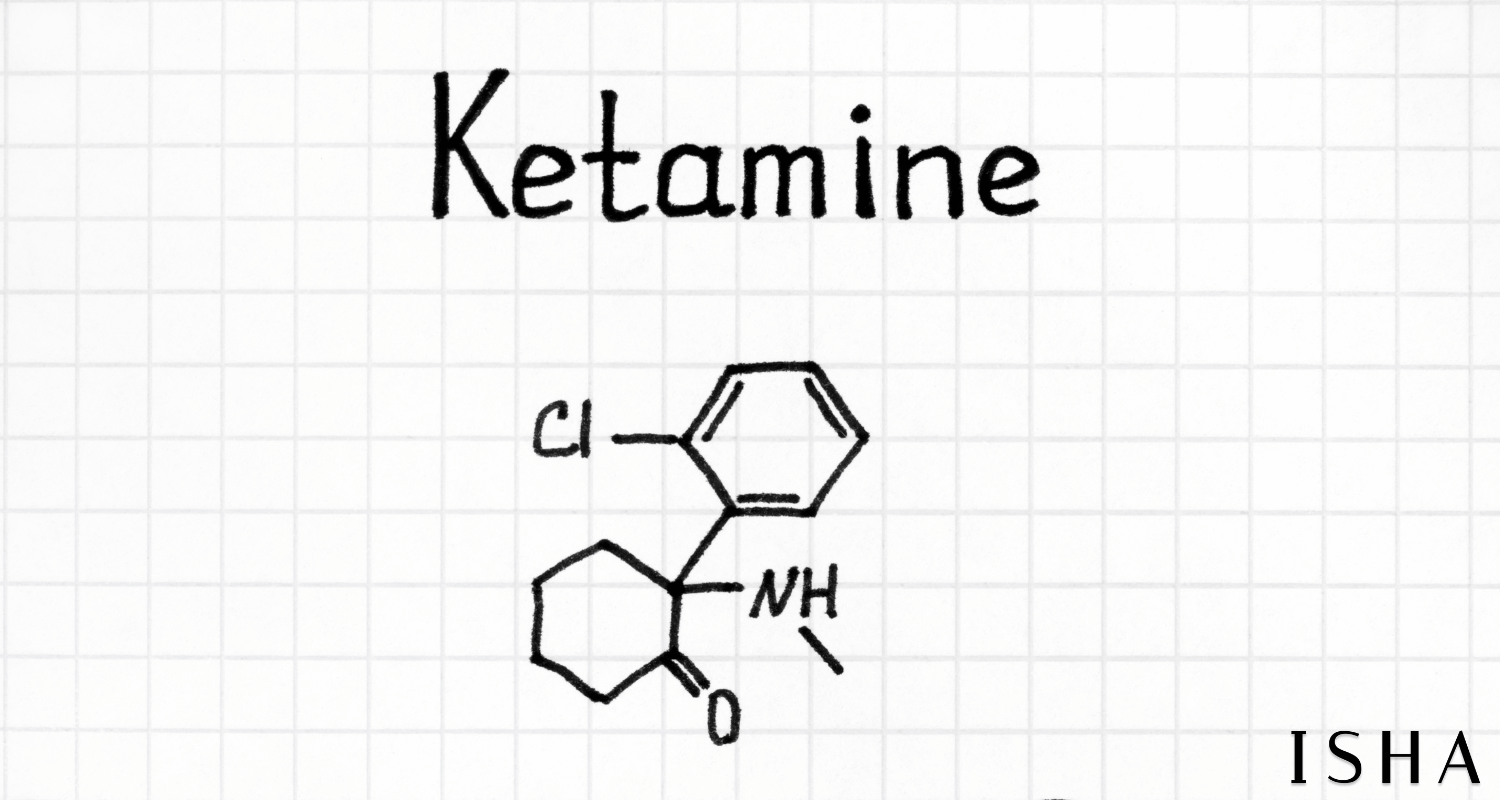Online Ketamine Treatment Available in: AZ, CA, CO, FL, GA, NY, OR, TX, and WA.
Online Ketamine Treatment Available in: AZ, CA, CO, FL, GA, NY, OR, TX, and WA.
FOR PATEINTS
Make an AppointmentpricingOUR TREATMENT APPROACH.png)
Mental Health
September 7, 2023
October 6, 2023
Choosing when to discontinue antidepressant medication involves thoughtful evaluation. Here are significant factors to ponder:
The CANMAT guidelines recommend antidepressant treatment for 6-9 months after symptom improvement for individuals with depressive disorders. For more severe cases, treatment up to 2 years post-improvement is suggested. These guidelines apply to anxiety disorders as well, often spanning 6 to 12 months.
For women of childbearing age, discussing antidepressant use during pregnancy with healthcare providers is crucial. Some may consider tapering or using the lowest effective dose to limit fetal exposure.
When the underlying factors causing depression or anxiety have improved, discontinuation becomes a consideration. The evolution of situations that initially led to these conditions may signal readiness for tapering.
Certain treatment methods, like psychedelic therapy, may require discontinuing antidepressants due to potential interactions.
If an individual doesn't respond well to a particular antidepressant, switching to a different medication or alternative treatment could be explored.
Unmanageable side effects may prompt a discussion about discontinuation, potentially followed by an alternative medication or treatment.
Several crucial elements impact the decision to taper antidepressants:
Assess your ability to cope with stressors and adapt. Adequate psychological resilience is important during the tapering process.
Strong coping mechanisms are vital during tapering. Dependence on substances during stress suggests a need for building healthier coping skills.
A robust support network enhances tapering success. Engage friends, family, and community groups for assistance during challenging times.
Tapering should coincide with a stable environment. Evaluate personal circumstances, relationships, and external factors before proceeding.
Certain scenarios aren't conducive to tapering:
High-stress periods, such as divorce, job loss, or medical issues, can intensify withdrawal effects. Wait for stability before tapering.
Tapering during ongoing depression or anxiety symptoms and benefiting from treatment may not be advisable. Continue until symptoms improve.
Self-awareness is key before making any decision. Consider these questions:
Get the latest insights on psychedelic therapy, mental health, and innovative treatments—straight to your inbox.
Sign up
for the
Isha Health
Newsletter
More on
Mental Health
This website has been reviewed by Isha Health California, P.C. and should not be used as medical advice in place of a licensed psychiatric clinician.
IN CASE OF EMERGENCY:
If you are in a life-threatening situation, don’t use this site. Call, text, or chat 988 or 1-800-273-TALK (8255), or use these resources to get immediate help.



.png)

.png)
.png)
.png)
.png)
.png)






.png)
.png)
.png)
.png)









.png)




.png)
.png)
.png)



.png)










.png)
.png)





.png)



.png)



.png)
.png)
.png)
.jpg)

.png)
.jpg)
.png)
.png)

.jpg)

.png)
.png)
.png)

.png)




%202.png)
.png)



.png)
.png)
.png)
.png)
.png)
.png)
.png)